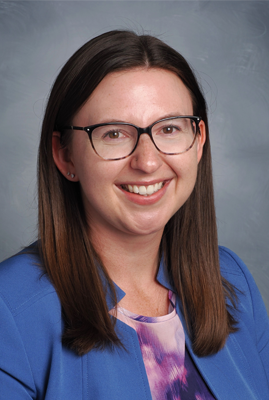Training Medical Students for Ethical Use of Generative AI Tools to Improve Patient Communication: Applications in Rural and Urban Education Settings
Project overview
This project will focus on curricula for 3rd year medical students completing clinical clerkships while embedded in a community for 9 months as part of the Rural and Metropolitan Physician Associate Programs. Students will explore the use, effectiveness, and privacy considerations of using generative AI to aid in creating patient guidance through an exercise called a “plain language summary,” which is part of a series of assignments that requires students to ask a clinical question, find and appraise evidence, summarize their findings, and create patient guidance written at a 6th-grade reading level and free of medical jargon. Practitioners are already using ChatGPT and other generative AI tools to improve patient communication, and students need to learn the skills to engage with generative AI in responsible, ethical, and effective manners.
I will develop a workshop in which students will learn about common uses and applications of generative AI in healthcare and discuss the place for these tools in their education and future practice. Students will write their own plain language summary, and then choose a generative AI tool(s) and ask that tool to summarize the medical information as if responding to a patient inquiry. They will then compare their own written response with the response provided by the selected generative AI tool. Students will evaluate the accuracy and utility of the generated response, as well as reflect on if the response provided by generative AI displays more empathy or mechanisms for provider-patient relationship building.
This exercise will help students
- understand the use of generative AI and LLM tools to aid with patient communication,
- practice using a tool and critically evaluate the responses generated, and
- reflect on their own communication and use of generative AI and LLMs in their future practice.
I will also explore any potential unique application or utility of generative AI in rural and urban underserved healthcare settings.
